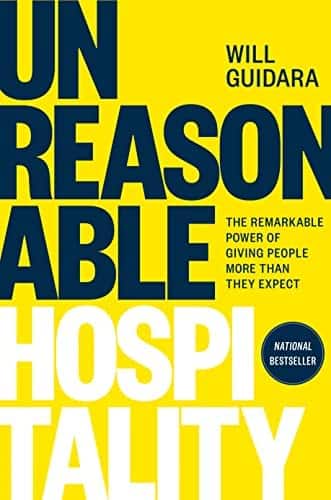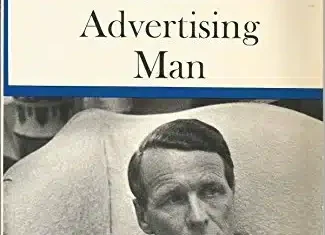Sometimes you will execute something perfectly, yet another person might think you’ve made a mistake. Depending on who that is, it might be worth owning up to your “mistake” rather than making a bigger one by trying to correct them.
In his pursuit of excellence, Danny Meyer shares these thoughts in the book “Unreasonable Hospitality“, which in this case relates to how a restaurant treats their patrons:
We needed to make sure we were serving our guests, not our egos; as Danny Meyer says, “Being right is irrelevant.” So instead of explaining what a true medium-rare looks like, we needed to say, “Absolutely, sir, I’m sorry,” before getting the guest a steak cooked exactly the way he wanted it cooked.
If you’ve corrected a guest because you don’t want them to think you’ve made a mistake, you’ve made a much bigger mistake.
You might bring out the perfect steak, cooked exactly as it was ordered, but if it’s not what they expected then your best move is to apologize and make it right. This doesn’t apply every time, as we’ve all come across people that can never be pleased, but it’s a good rule to live by.
This carries across many different disciplines. As we’re building a website for a client, we need to make sure our expectations are aligned so that they’re not surprised by the final outcome. In our case, I make it clear up front that when we reveal the design to them it will be rather anticlimactic because we’ll have done so much work with them already (visual branding, wireframes, etc) that it’s simply a natural outcome of the work we’ve already been through.
As a result, we tend to have very few issues of having to own a “mistake” like that, but we’re happy to do it when needed. In the end, what the end user wants is what we’re all trying to achieve.
Back to Danny’s example, similar to us, I see many restaurants that work to solve this issue before it happens. When I order a steak, the server will generally explain “that means it will be pink in the center” to verify what my order really means.
Owning a mistake that you didn’t make is a weird thing to learn to do, but if you want to try to practice a degree of “unreasonable hospitality”, it’s something that needs to happen.




